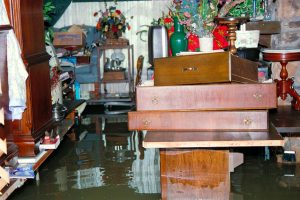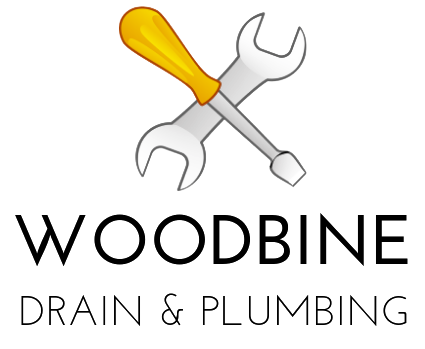Basement Flooding - What Are Your Options?
With Canada’s increase of severe storms, severe floods follow soon after. In 2016, the University of Waterloo assessed each provinces’ ability to handle flooding. The average grade was a C-. Hence, flooding is an increasingly more frequent problem Canadians will have to face. Here at Woodbine Plumbing, we come across this issue more than often. Here are some options to consider if your house gets one.

Precautions Help
Electricity and water don’t mix. If your basement is flooded, The first thing you should be doing is to contact the hydro company to disconnect the power. Don’t use or touch any appliances, outlets, switchers or breaker panels.
Only use them once they have been checked by a qualified electrician. Do not flush the toilet, use a dishwasher, a washing machine or anything that has a drain since this will likely cause further flooding. For residents with gas services, check for fumes. If you smell an odour, the gas company should be called immediately.
Saving Your Furniture
Once an electrician has assessed the damage, residents should now move belongings out of the basements and away from flooded areas of the home, save receipts for materials you use. Contact your insurance company immediately if you have flood insurance. If your basement has a floor drain, make sure it isn’t clogged to help drain the water. Rip up carpeting because it can prevent the floor underneath from drying and it can also harbor mold and mildew.
Hiring Professional Help or DIY
Residents should also hire a professional cleaning company who know how to clean sewage-contaminated basements. Keep children and pets away from the affected area until it is cleaned up.
If you choose to clean it up yourself, remember to dress appropriately – wear clothing that will cover your entire body, gloves, protective eyewear, rubber boots and a mask. Wash all surfaces with hot water mixed with liquid detergent, rinse, dry thoroughly and ventilate. Use 1 cup bleach with 5 gallons of water to sanitize the walls and floors.

Remove and discard contaminated drywall and insulation. Throw away any food that has come into contact with the waters and any other items that cannot be washed or disinfected. Once the floors and walls are dry, use an anti-mildew spray to discourage mold and mildew from developing.
The Future
If your house has been flooded in the past, it would be a good idea to take measures in order to better protect your home. Keep your eavestroughs clear, ensure the water will drain away from the house and ensure downspouts extend at least 2 metres away from the basement wall. You can also install a backwater valve, this prevents water from flowing back into your home if there is a sewer system backup.
With proper preparation, we should we be able to withstand all the difficulties Mother Earth splashes our way. If you have any questions or comments, you can always contact us!
